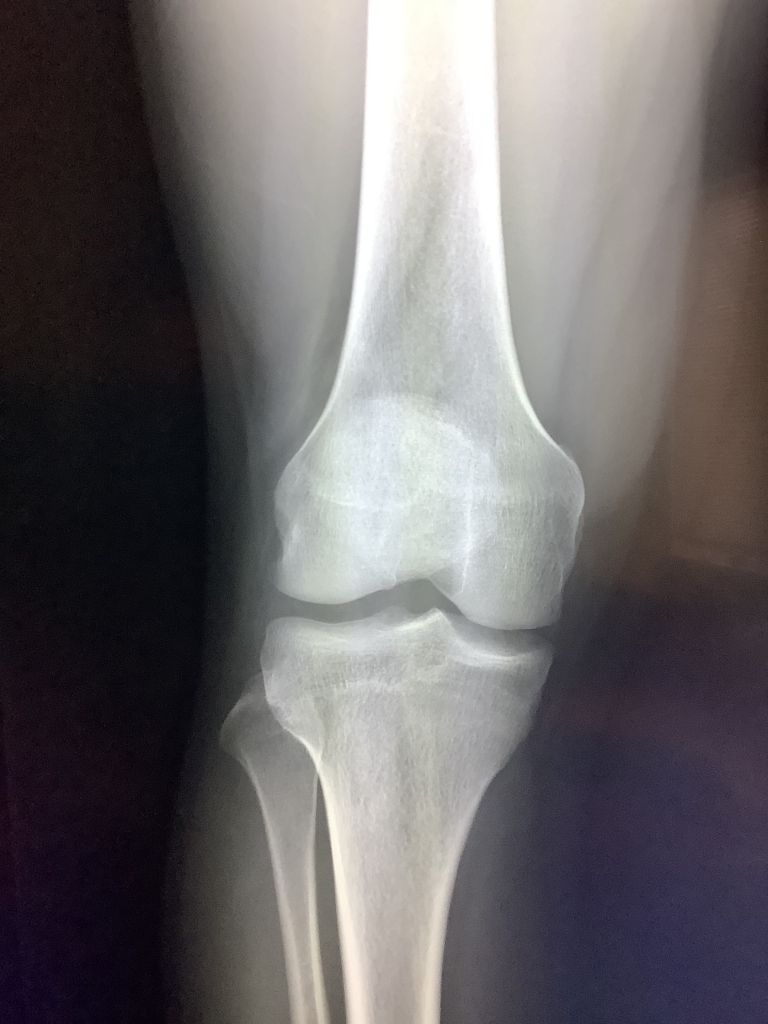MRI in Pregnancy
Magnetic Resonance Imaging (MRI) during pregnancy allows us to safely image the mother and fetus. There are a wide range of conditions that MRI can help diagnose. This imaging technique offers detailed images of the inside of the body using magnetic fields and radio waves, providing important information without the use of ionizing radiation, which is harmful to the fetus. We will discuss the benefits, safety, and indications for performing MRI during pregnancy.
Benefits of MRI in Pregnancy
MRI scans during pregnancy bring numerous benefits. Primarily, they offer detailed images which help diagnose a variety of conditions. This level of detail is particularly useful for assessing complex fetal anomalies, placental issues, and uterine abnormalities. MRI can provide valuable information when ultrasound results are inconclusive or when more detailed images are necessary for a diagnosis.
Safety of MRI During Pregnancy
One of the most common concerns regarding MRI scans in pregnancy is their safety. MRI does not use ionizing radiation, unlike X-rays and CT scans, making it safer for the developing fetus. MRI is safe at any stage of pregnancy, and gadolinium-based contrast agents, while generally avoided, can be used if absolutely necessary and the benefits outweigh the risks.
MRI Without Contrast in Pregnancy
When performing an MRI during pregnancy, the preference is to do so without the use of contrast agents. This approach minimizes any potential risks to the fetus while still providing high-quality images. MRI without contrast is highly effective for visualizing the brain, spinal cord, joints, and soft tissues, making it a versatile tool for diagnosing a range of conditions that might affect pregnant patients.
Considerations for First Trimester MRI
While MRI is considered safe during all trimesters, special considerations are often given to scans performed in the first trimester. This is primarily out of caution and the principle of minimizing any risk, no matter how small, during early fetal development. Healthcare providers may weigh the urgency of the MRI against the stage of pregnancy, opting to postpone non-urgent scans until after the first trimester.
When is MRI Recommended During Pregnancy?
MRI scans are recommended during pregnancy when detailed imaging is essential, and other methods are insufficient or risky. This includes evaluating central nervous system anomalies in the fetus, assessing placental position and function, and diagnosing maternal conditions that could affect the pregnancy. The decision to perform an MRI is based on a thorough assessment of potential benefits and risks, with the health and safety of both mother and child as the primary focus.
Preparing for an MRI Scan During Pregnancy
Preparation for an MRI scan during pregnancy involves several steps to ensure the safety and comfort of the patient. Expectant mothers are advised to wear loose, comfortable clothing and remove all metal objects. They should also inform the MRI technician of their pregnancy. The healthcare team will provide specific instructions based on the area being scanned and any additional considerations.
Frequently Asked Questions about MRI in Pregnancy
Is MRI safe for the fetus?
MRI is considered safe for the fetus as it does not involve ionizing radiation.
Can MRI replace ultrasound during pregnancy?
MRI does not replace ultrasound; instead, it complements it when more detailed imaging is required.
Are there any side effects of MRI in pregnancy?
There are generally no side effects of MRI in pregnancy, but it’s important to stay still during the scan to ensure image clarity.
Conclusion
MRI during pregnancy is a powerful and safe tool for diagnosing and monitoring various conditions that can affect the health of both the mother and the fetus. Its ability to provide detailed images without the use of harmful radiation makes it an invaluable resource in prenatal care. By understanding the benefits, safety considerations, and when MRI is recommended, expectant mothers and healthcare providers can make informed decisions about the use of this imaging technology during pregnancy.

